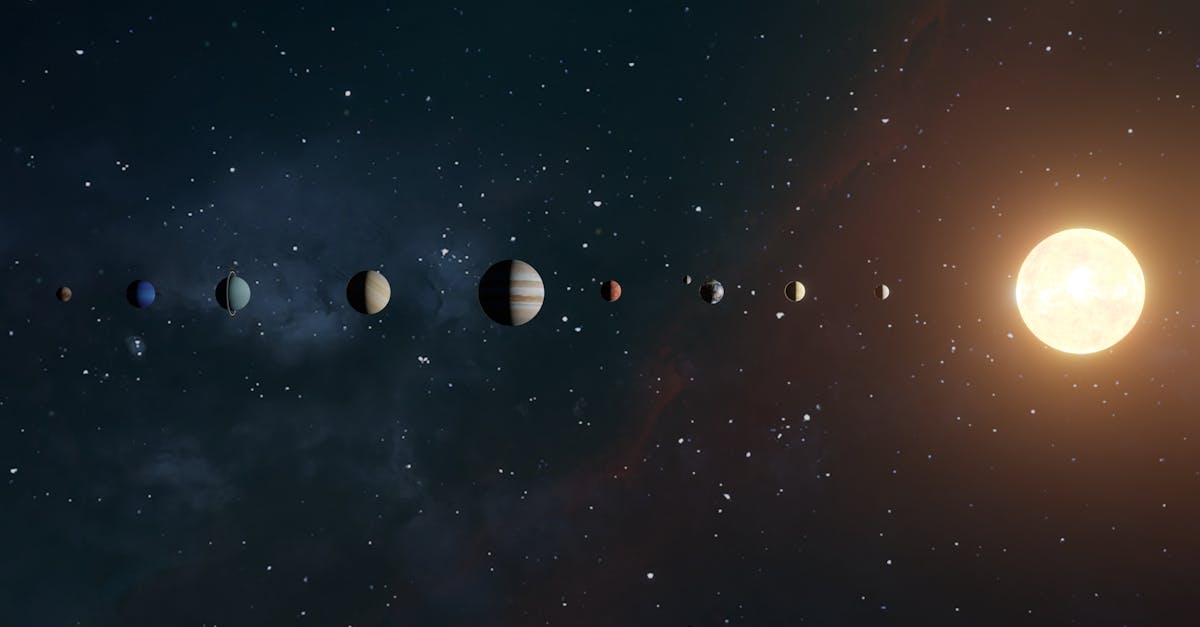The Heliocentric Model: A Paradigm Shift in Understanding the Universe
In the 16th century, a radical idea emerged that would change our understanding of the universe forever – the heliocentric model. This groundbreaking concept proposed that the Earth and other planets revolve around the Sun, rather than the other way around. The significance of this model cannot be overstated, as it has had a profound impact on the development of modern astronomy.
Understanding the Scale of the Universe
The heliocentric model revolutionized our understanding of the scale of the universe. By placing the Earth at the center of the solar system, astronomers could accurately measure the distances between celestial bodies and comprehend the vastness of space. This newfound understanding allowed scientists to develop more accurate models of planetary motion and set the stage for further exploration.
One of the key figures associated with the heliocentric model is Nicolaus Copernicus, a Polish astronomer who first proposed the idea in his book “De revolutionibus orbium coelestium” (On the Revolutions of the Celestial Spheres). While Copernicus’ theory was not widely accepted during his lifetime, it laid the groundwork for later scientists like Galileo Galilei and Johannes Kepler.
Advancements in Space Exploration
The heliocentric model has played a crucial role in shaping our understanding of the solar system. By establishing the Earth as part of a larger cosmic framework, astronomers were able to develop more sophisticated models of planetary motion and set the stage for space exploration.
The launch of the Voyager spacecraft in 1977 marked a major milestone in space exploration. These twin probes have traveled farther than any other human-made objects, carrying with them a message about humanity and our place in the universe. The Voyager mission has provided unparalleled insights into the outer reaches of our solar system and beyond.
A Legacy that Endures
The heliocentric model’s significance extends far beyond its impact on space exploration. This fundamental shift in understanding the universe has had a lasting influence on the development of modern science.
Today, we recognize the heliocentric model as a cornerstone of astronomy, providing a foundation for our current understanding of the solar system and the universe at large. As we continue to explore and expand our knowledge of the cosmos, it is essential to appreciate the pioneering work of scientists like Copernicus, Galileo, and Kepler.
In conclusion, the heliocentric model represents a pivotal moment in the history of astronomy, marking a profound shift in our understanding of the universe. Its significance extends beyond its impact on space exploration, as it has contributed to the development of modern science and continues to shape our understanding of the cosmos today.
